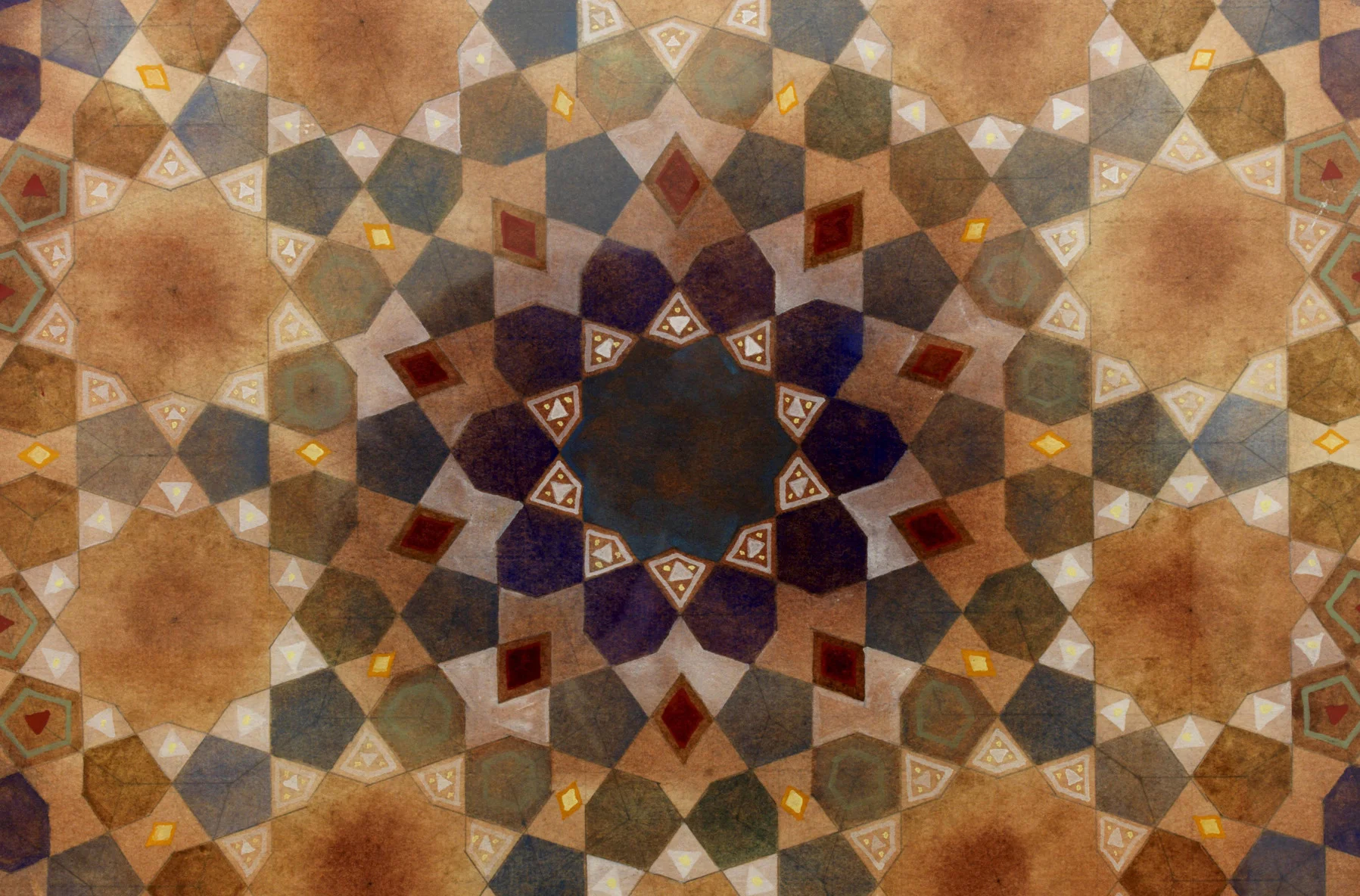Booking via PSTA website. This education programme for Key Stages 1- 3 explores fascinating connections between art, maths and science - too commonly treated as separate subjects in our schools. Discovering the resonances between them ignites delight and curiosity in each. When a subject-specific fact is seen to be clearly relevant in another context, learning becomes really fun and interesting.
All teachers participating our Harmony programme receive a resource pack. This includes inspiring, richly illustrated guides and resources they can use to show learners how to make connections between many of the subjects they are studying: mathematics, science, art & design, biology, chemistry and geography. The pack also maps activities and learning to National Curriculum requirements.
This programme is based on themes inspired by Harmony: A New Way of Looking at our World, by HRH The Prince of Wales.
Inspirational Teaching Resources
Our resource guides outline how this cross-curricular learning can happen in an arts-based framework.
They contain
- Over 200 pages of richly illustrated teacher resources – information, lesson plans, activities and projects
- Lesson plans, seasonally themed, for use across the year
- Collaborative learning projects
- Creative art-based activities
- Relevance of subject-specific knowledge in cross-curricular contexts
- Mapping the learning to Maths, Science and Foundation Subjects at Key Stages 1-3
Themed according to our seasons, these resources explore the order of nature, principles of sustainability and the qualities of harmony as well as integrating different subject areas.
- Autumn: harvest; cycles and sustainability; the sources and science of pigments, dyes and paint
- Winter: crystals, snowflakes, geometry, pattern recognition and development, tiling and tessellation
- Spring: principles of growth, life cycles, seeds, botanical investigation, light and colour
- Summer: structural geometry, collaborative building, kites, bubbles, flowers and fruit
All materials are included in the course fee. Each participant will receive a full set of the Four Seasons workbooks and a certificate of course attendance.
This course is open to all. A small bursary fund has been made available for teachers; please email us to apply for the bursary.
Dates of attendance:
• July 22, 23, 29 and 30


